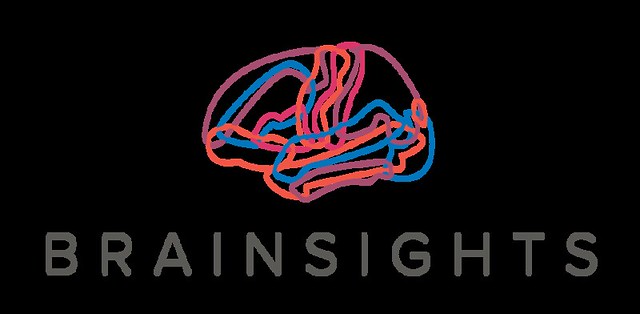Brainsights Gives Marketers Scientifically Precise Customer Insights
 Tracking the electrical activity of your brain sounds like it would involve invasive technology and an uncomfortable clinical atmosphere, so I was surprised when the team at Brainsights gave me a lightweight headset and had me sit on a couch to watch TV.
Tracking the electrical activity of your brain sounds like it would involve invasive technology and an uncomfortable clinical atmosphere, so I was surprised when the team at Brainsights gave me a lightweight headset and had me sit on a couch to watch TV.
“Tech needs to be consumer-facing, not in a lab,” I was told by CPO Dan Iwasa-Madge, who noted that ease of testing is one of the key strengths of Brainsight’s software, which uses neuro-technology to track consumer responses to various media content or products.
The startup, led by ex-MediaCom Director of Business Science Kevin Keane, was founded two years ago and has already found fans in marketing companies that represent brands such as Unilever, Under Armour and Rogers.
“We needed the ability to mathematically evaluate consumer response, and neuro was the answer,” said Iwasa-Madge.
The Toronto-based startup demonstrated their neuro-sensing technology to the crowds at Dx3 2016 by having attendees wear a headband apparatus called an EEG (short for electroencephalographic device) while watching content on their choice of screen. As they watch the videos, the electrical currents of their brains were recorded and analyzed.
During my test they had me watch mainly American political ads on the big screen. After the test was complete, a member of the team showed me a simple-to-follow colored graph that tracked attention, connection and encoding (or memorability) throughout my time viewing the videos.
“A big problem for neuro was the accessibility for marketers,” said Iwasa-Madge, noting that they honed the results of the neuro-testing in to something easily digestible, while still accurately depicting consumer engagement. The formula has given rise to success so far, leading to the company’s win for NextMedia’s 2015 Digital Startup of the Year.
The results for my Brainsights viewing session fascinated and surprised me. There were dips where I completely tuned out and moments where I appeared to be passionately interested. Frankly, my interest in Trump as opposed to Hilary was more than a little embarrassing. I was thankful the results were private, but also impressed by the revelation of a bias I wasn’t entirely conscious of and would never admit.
Iwasa-Madge says the process not only ensures accuracy, but makes the consumer test subjects more confident that their opinion will be respected.
“They feel they’ll be heard,” he said, “They feel like, ‘There’s no bias to my brain.’”











